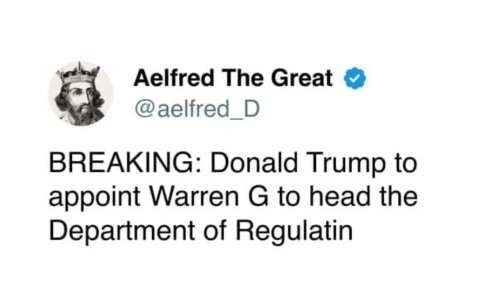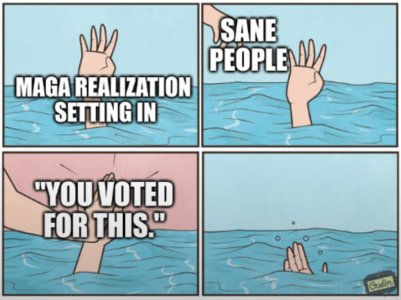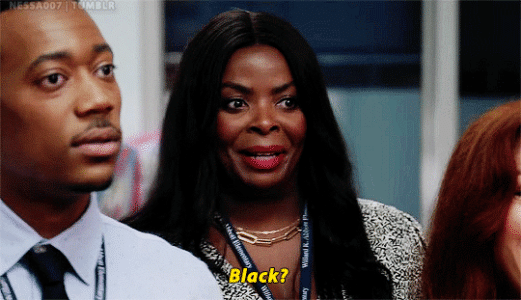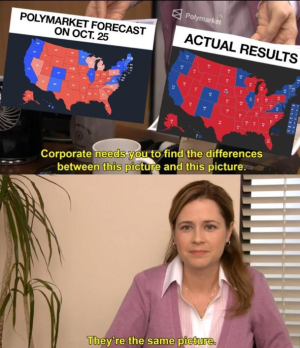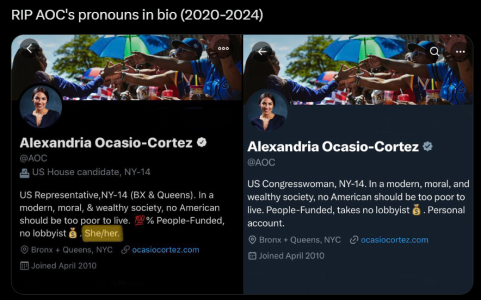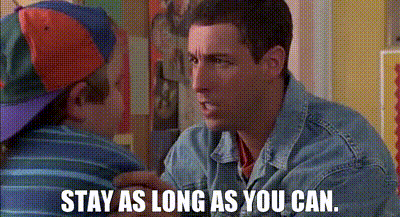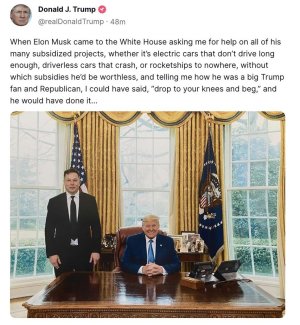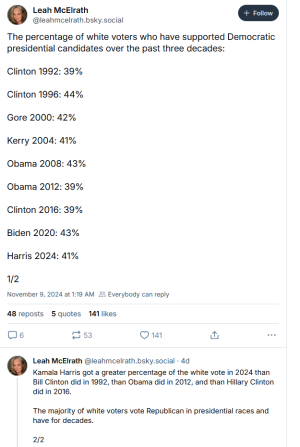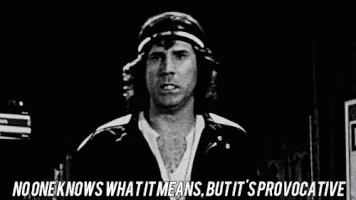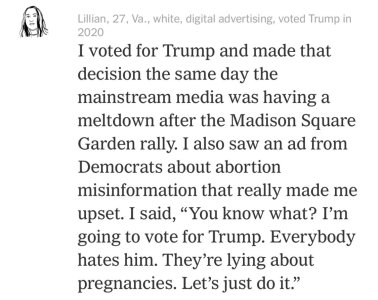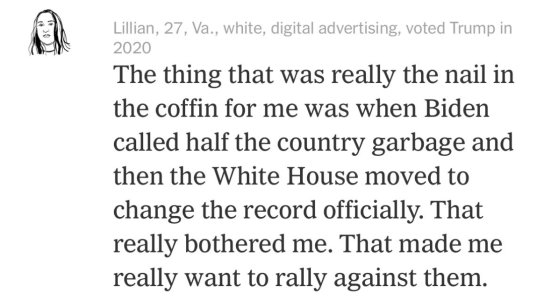- Jul 20, 2009
- 64,967
- 196,190
Frum got a point, he lost me a little at the end.
https://www.theatlantic.com/politics/archive/2018/04/whca-sanders/559253/
.
https://www.theatlantic.com/politics/archive/2018/04/whca-sanders/559253/
“Women attacking conservative women for their looks and their jobs It’s shameful. #WHCA.” Those angry words were tweeted by White House Communications Director Mercedes Schlapp at 11:15 p.m. on the night of the White House Correspondents’ Association’s annual dinner.
It was wise to begin her tweet with the caution that the shame was attached to women attacking conservative women. In any other case, she might have been asked about this: “Look at that face! Would anyone vote for that? Can you imagine that, the face of our next president?! I mean, she’s a woman, and I’m not supposed to say bad things, but really, folks, come on. Are we serious?” Those words were spoken by then-candidate Donald Trump about then-rival Carly Fiorina, just one of his countless streams of attacks on the looks of women, conservative and otherwise. Trump also retweeted a photograph mocking the appearance of Heidi Cruz, the wife of then-candidate Ted Cruz.
One of the defining features of the Trump White House is that its staff members demand for themselves decencies and courtesies that they habitually deny to others. Can’t we disagree without being disagreeable? they wonder—and then tweet that the former director of the FBI is a “slime ball” and that Hillary Clinton should be jailed.
President Trump calls the press “enemies of the people.” His wife, then the future first lady, shrugged off murderous anti-Semitic abuse of a Jewish journalist as “provoked” by the journalist’s reporting on Melania Trump’s Slovenian origins. Trump regularly shares on Twitter images of fantasy violence against the press.
White House staffers frequently speak glaring untruths. Just a few weeks ago—March 27, 2018—White House Press Secretary Sarah Huckabee Sanders told journalists from the White House rostrum that a question about citizenship status has “been included in every census since 1965, with the exception of 2010 when it was removed.” She repeated the same claim later in the same briefing. In fact, the question has last been asked in 1950.
And then the members Trump White House lament that journalists don’t respect them.
This two-facedness baffles elite journalists, Washington’s preeminent enforcers of decencies and courtesies. After the dinner, the Pulitzer Prize winner Maggie Haberman tweeted a message of solidarity with Sanders, who was a butt of the jokes of Michelle Wolf, the comedian who hosted the dinner. “That @PressSecsat and absorbed intense criticism of her physical appearance, her job performance, and so forth, instead of walking out, on national television, was impressive.” That was nice of Haberman, reputedly a very nice person. But only eight days earlier, the press secretary’s boss—the president—had tweeted abuse at Haberman at least as harsh as anything Wolf said about Sanders. “The New York Times and a third rate reporter named Maggie Haberman, known as a Crooked H flunkie who I don’t speak to and have nothing to do with, are going out of their way to destroy Michael Cohen and his relationship with me in the hope that he will ‘flip’ … ” Surely Trump’s own behavior toward free media and standards of truth might color how journalists and those who care about journalism react to Trump and his enablers?
Journalists live by codes: They protect sources; they respect the distinction between conversations on and off the record; they avoid unnecessary reporting on personal lives. By and large, these codes serve important ends, both practical and ethical. But what happens when bad people leverage the codes of others for selfish ends of their own? When White House staffers defame the acting FBI director for his wife’s state-level political activities—and then erupt in rage when asked about the political activities of their own spouse? The basis of a working ethical system is mutual good faith, but the creed of the Trump White House is bad faith all around.
Donald Trump has mocked Gold Star parents, reporters with disabilities, women who don’t meet his standards of attractiveness. Only Sunday, he published this preposterous lie and false self-congratulation.
Back in the 1980s, a rabbi published a book making sense of When Bad Things Happen to Good People. Bad things, though, also happen to bad people. What then? The first family specializes in mocking the misfortunes of others. How should they be treated when they suffer misfortunes themselves?
It’s a natural and powerful temptation to do unto them as they have done unto others. They have abused, reviled, and humiliated others: So let them be abused, be reviled, be humiliated. Yet if you go that way, you do not repudiate Trump. You become Trump. I’ll reprise instead this advice from a book I wrote:
As Donald Trump is cruel, vengeful, egoistic, ignorant, lazy, avaricious, and treacherous, so we must be kind, forgiving, responsible, informed, hardworking, generous, and patriotic. As Trump’s enablers are careless, cynical, shortsighted, morally obtuse, and rancorous, so Trump’s opponents must be thoughtful, idealistic, wise, morally sensitive, and conciliatory. ‘They go low, we go high,’ as a wise woman said
.











